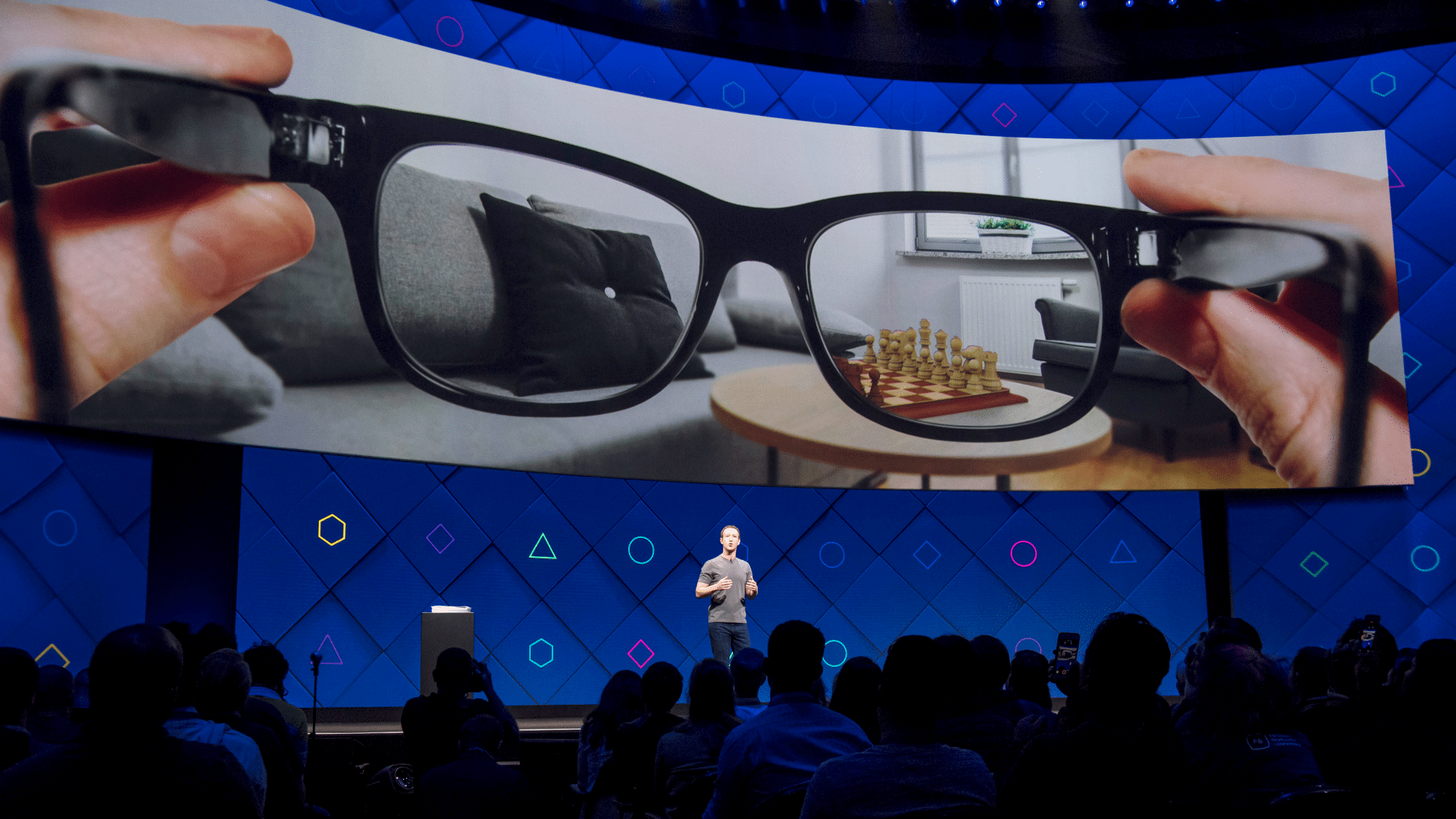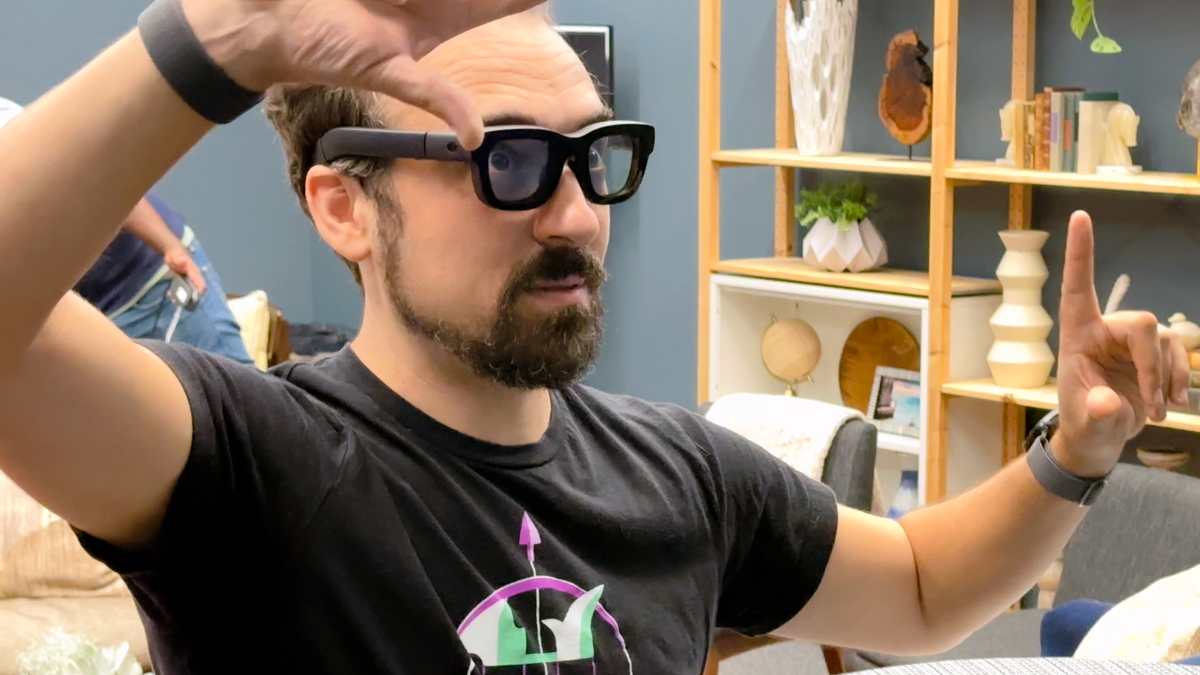Meta says suppliers across the world are now "heavily pursuing" producing optical-grade silicon carbide, the "wonder material" that made the Orion AR glasses prototype's relatively wide field of view possible.
The Orion prototype, presented at Meta Connect 2024 back in September, stunned the world by achieving what no other fully-integrated transparent AR device in true glasses form factor ever has: a relatively wide field of view, 70 degrees diagonal. Other AR glasses cap out at around 50 degrees, at most.
To reach this relatively remarkable field of view, Orion uses silicon carbide lenses. The primary bottleneck for the field of view of transparent AR is the refractive index of the lens, and silicon carbide has the highest of any known visibly transparent material, 2.7, compared to 1.8 for glass. As such, Meta describes silicon carbide as a "wonder material" for AR.
But there's a problem: producing optical-grade silicon carbide is incredibly complex and expensive, and there is no established commercial-scale supply chain for it. Because of this, Meta admitted at Connect that to sell Orion as a product, it would have to be priced above $10,000.
This is why Meta described Orion as "a time machine that lets us live in the future", and why it isn't being made into a product at all.
Instead, Meta is building a separate AR glasses product, codenamed Artemis, that the company revealed to The Verge's Alex Heath will use glass, the same as Snap Spectacles and earlier AR devices like HoloLens and Magic Leap. This means that Meta's Artemis, reportedly set to launch in 2027, will not have the signature wide field of view of Orion.
Now, in a new blog post explaining the advantages of silicon carbide waveguides for AR, Meta is suggesting that the overwhelmingly positive reception of Orion from the tech industry has led suppliers across the world to accelerate their plans for producing optical-grade silicon carbide.
“Orion proved that silicon carbide is a viable option for AR glasses,” says Meta Reality Labs' Director of Research Science Barry Silverstein, “and we’re now seeing interest across the supply chain on three different continents where they’re heavily pursuing this as an opportunity. Silicon carbide will come out on top. It’s just a matter of time in my book.”
“Suppliers are very excited by the new opportunity of manufacturing optical-grade silicon carbide—after all, each waveguide lens represents a large amount of material relative to an electronic chip, and all of their existing capabilities apply to this new space,” adds Silverstein. “Filling your factory is essential, and scaling your factory is the dream. The size of the wafer matters, too: The bigger the wafer, the lower the cost—but the complexity of the process also goes up. That said, we’ve seen suppliers move from four-inch to eight-inch wafers, and some are working on precursors to 12-inch wafers, which would yield exponentially more pairs of AR glasses.”
Meta notes that it's "still early days", and Silverstein cautions that there’s "still a lot of work left to be done", strongly suggesting that the plan to use glass in the first product still hasn't changed. But the implication seems to be that the company's timeline for one day eventually releasing AR glasses with silicon carbide lenses, and thus Orion's field of view, may be narrowing.
“The world is awake now,” adds Silverstein. “We’ve successfully shown that silicon carbide can flex across electronics and photonics. It’s a material that could have future applications in quantum computing. And we’re seeing signs that it’s possible to significantly reduce the cost. There’s a lot of work left to be done, but the potential upside here is huge.”



































